Coco peat supplier in Kenya
Grekkon Limited is the largest coco peat supplier in Kenya. Our product is in 5kg compressed blocks or 5kg and 18kg bags in loose form. When searching for where to buy coco peat in Kenya, note that we provide untreated material for use as a multipurpose medium. Our coco peat processing in Mombasa is from coconut husks to create a good alternative for propagating seedlings and flower production. It is also for hydroponic farming and for soil amendments. Common commercial food crops propagated on seedling trays are; tomato, cabbage, onion, peppers, fruit trees amongst many others. Those grown directly in the field are; watermelon, cucumber, squash, butternut and many more
For it to work effectively, wash it and treat it. This because it has soluble salts mainly sodium which causes root hair scorching, which results in poor or failed seedling take-off after germination
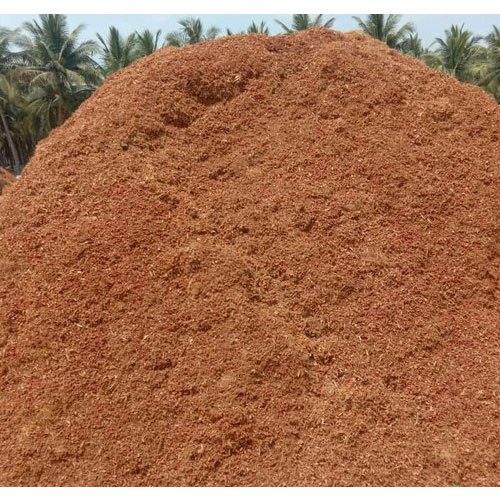
Loose cocp peat after processing by Grekkon Limited in Kwale county

5kg coco peat blocks
Coco peat price in Kenya
and product specs by Grekkon Limited
| Price | Kes 80/Kg |
| PH | 6.3 – 6.7 |
| Electrical conductivity (EC) | 1.6 – 2.0 |
| Expansion ratio | 2.5 – 3 |
| Moisture content | <5% |
| Compression volume | 28L |
| Fibre content | <3% |
| Sand content | <1% |
The equivalent water volume of our 1kg Coco peat is 8 litres
How to treat coco peat and seedling propagation
1. Cleaning
Place the material in a container. Add 150L of water over the 5kg block. The block will hydrate in 5 minutes. Turn the block over halfway through the process. Pull the block apart and make sure any dry areas are fully hydrated. Drain the extra water into plants or nursery beds. The material is ready for use. One 5kg block expands to 2 cubic feet
2. Steps on how to treat coco noir with Calcium Nitrate
- Add water in a trough
- Add calcium nitrate to water at a ratio of 10grams or 1 tablespoon full per 5kg block.
- Leave for about 30minutes for the calcium nitrate to hydrate and loosen.
- Mix or stir the calcium nitrate solution and leave for 24hours. This is to allow for calcium nitrate to replace the sodium salt. It is a double displacement reaction where two salts are formed: Calcium carbonate which is a precipitate and Sodium nitrate.
Ca(NO3)2+Na2CO3= CaCO3 ↓ + NaNO3
- After 24hours, drain the water then wash or rinse, at least 7 times to remove all the soluble salts traces.
- The pH and electrical conductivity (EC) of the media measured. The ideal pH should be 5.6 – 6.5 while the EC should be 1.6 – 2.0.
- Finally, the media is potted in seedling trays then seeds sowed.
- After germination, the nutrition program begins after two weeks since the media does not have nutrients.
3. Planting
Place the tiny seeds individually in each cell, then cover with the coco peat planting media.
Coco peat supplier in Kenya
FAQs
i. How much does coco peat cost?
Kes 80/Kg for loose coco peat, and Kes 120/kg for the blocks
These are retail prices. Bulk consumers and resellers receive a discount
ii. What is the rate of coco peat use?
5kgs of coco peat will be used on 12 to 15 seedling trays
Benefits of using coco peat as a growing medium
i. It is highly porous. This is for easy air and water movement to the plant roots.
ii. Has good water holding capacity. It ensures there is no over watering or under watering of your seedlings.
iii. High cation exchange capacity. This allows easy and large movement of nutrients to plant root hairs
iv. Compressed coco peat blocks. They are easy to transport and handle
v. None acidic media. It provides a great environment for root beneficial fungi and bacteria to grow and multiply
vi. Zero nutrients. The fact that it has zero nutrients means you can easily formulate various quantities required for your seedlings
vii. Sanitised growing media. It is disease and pest-free because we sanitise it during production. This destroys all fungus, bacterial or insect pests
How do you manufacture coco peat?
It is made from coconut husks which are cleaned, then processed in a manner that separates fibre and coco peat dust. During manufacturing, e determine how much fibre will go into the coco peat ‘dust’ . For clients who want high fibre (up to 30%), we allow in more. For regular consumers, only 3% or less of the fibre mixes with the coco peat dust. High fibre content coco peat is popular with hydroponic farming because it allows for better aeration, while low fibre coco peat is common in nurseries
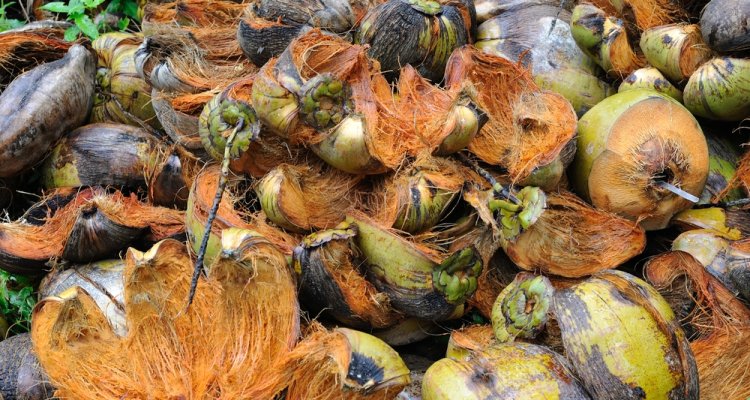
Coco peat supplier in Kenya
Summary
As the leading coco peat supplier in Kenya, Grekkon Limited’s agronomy team advises nurseries and other users. This advice is on the product’s best practices to make great use out of it. Treat first by soaking in a solution of calcium nitrate. It is to reduce sodium levels which causes root scorching.
Our sanitised media is a natural substitute for the soil because it is free of any infection or pest attack on the crop.

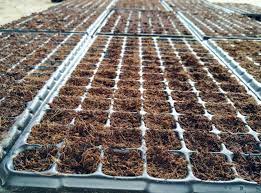
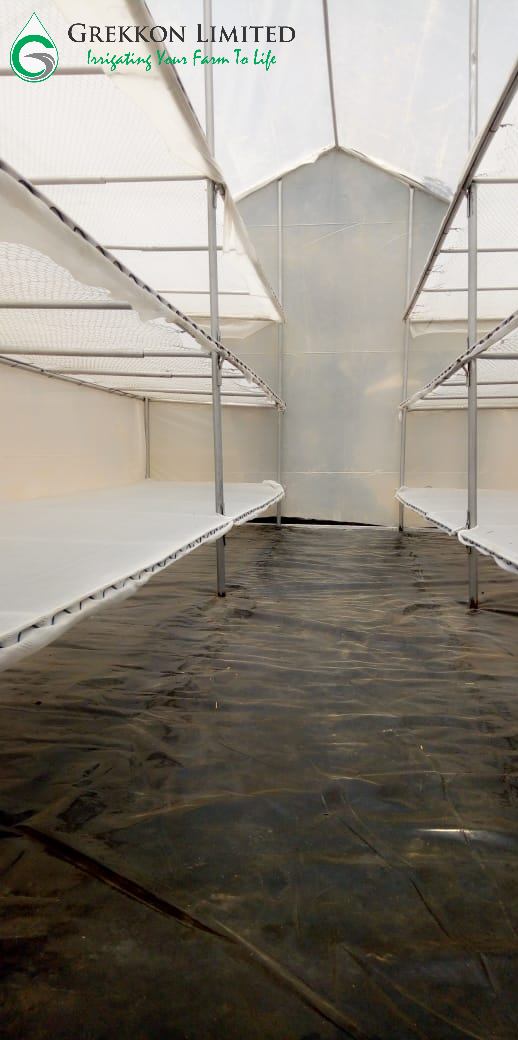
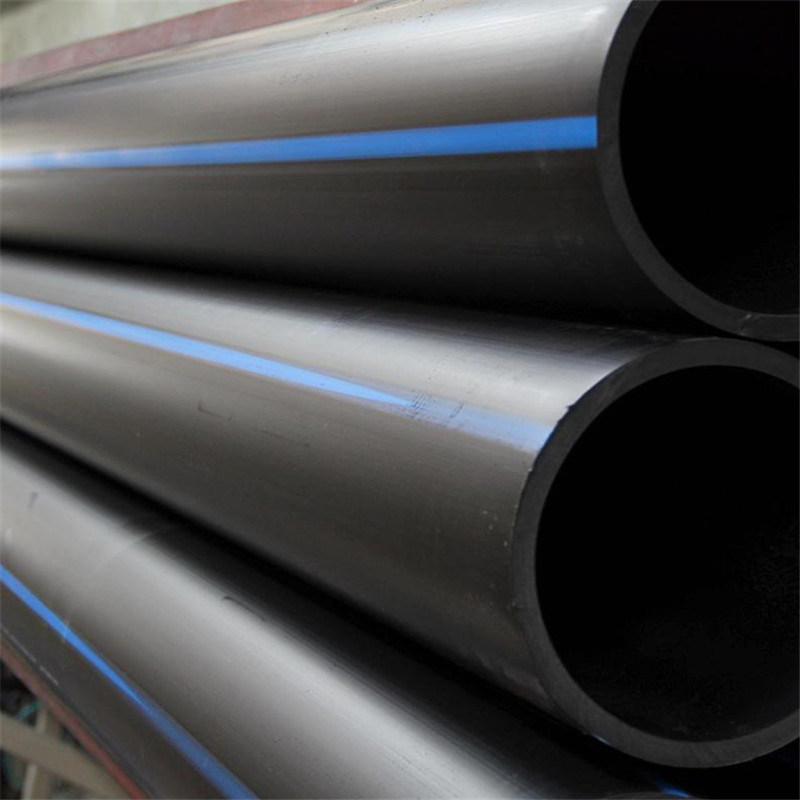
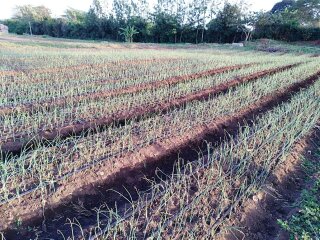
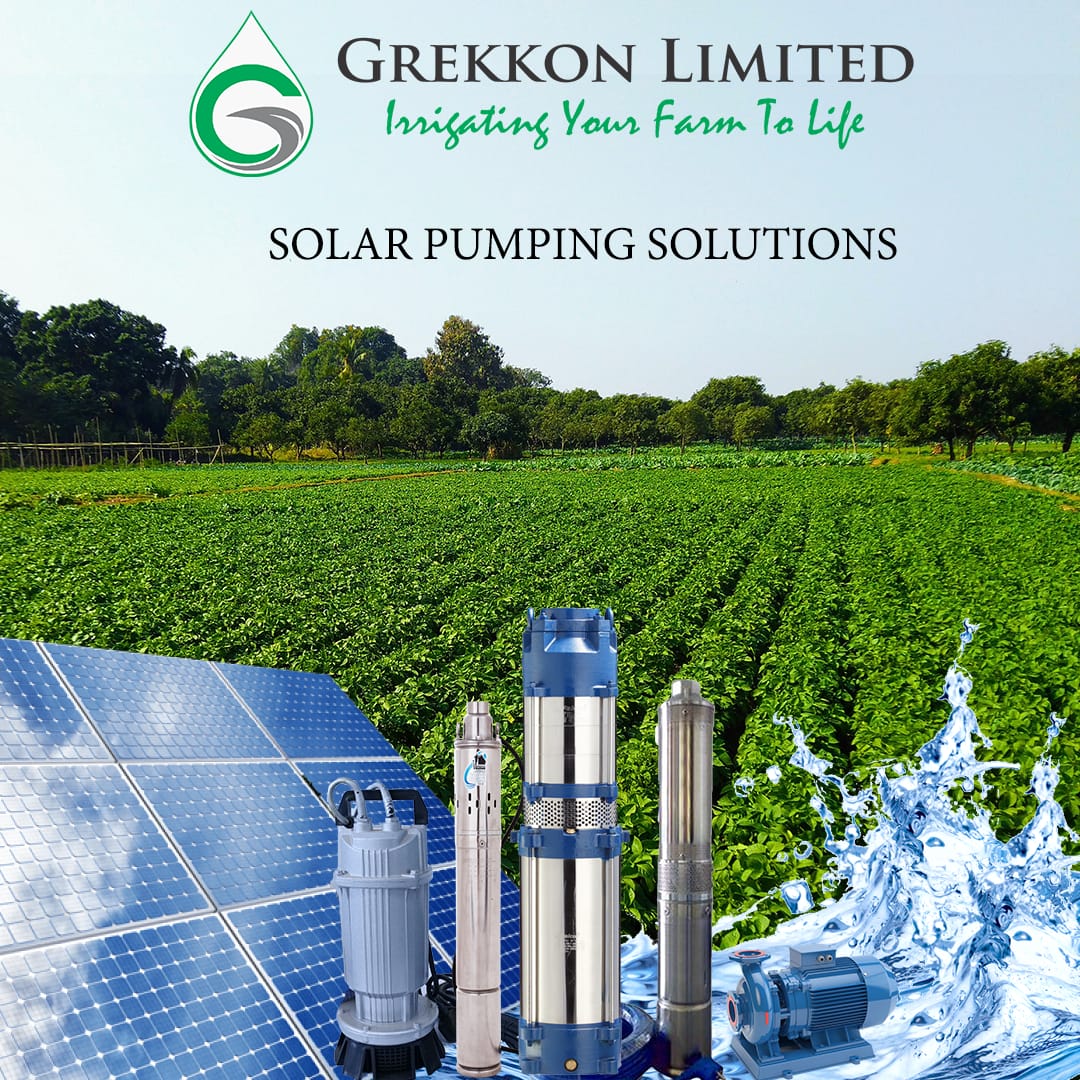
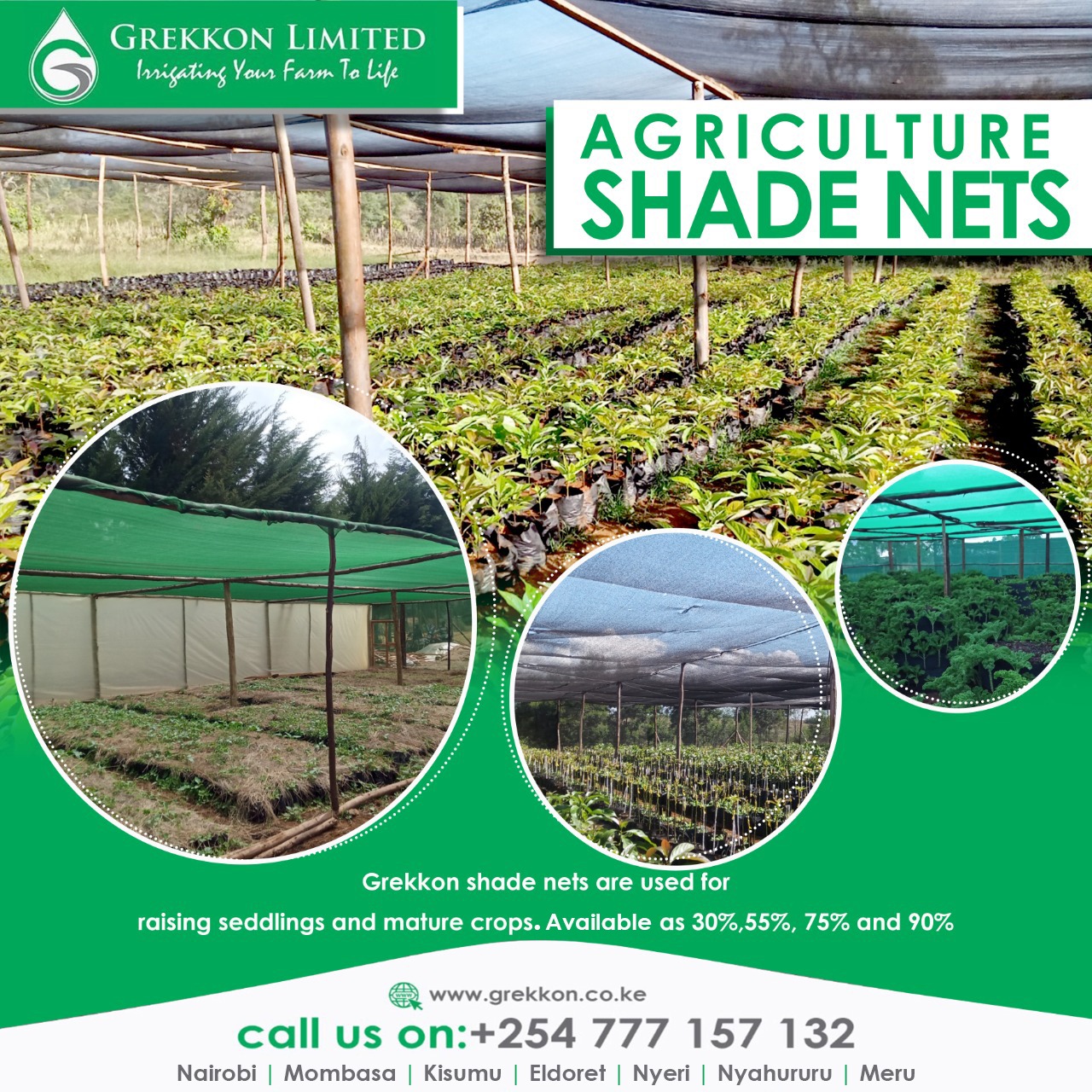
Would like to know the procedure of purchasing cocopeat
Good afternoon Paul,
Share your contact number via info@grekkon.co.ke or reach is on 0777 157 132
Best regards,
Customer Service
Where are you located in ksm??
Hello, are you located in town or you only deliver?
Good evening Mercy,
Our Coco peat for sale in Kenya is available in our shops and we also make deliveries to clients
Best regards,
Customer Service
what is the current price of treated cocopeat
Good evening Vince,
Our Coco peat cost in Kenya is Kes 80/kg. This is untreated but we’ll show you how to treat it and provide you with free CaNO3 fertilizer
Best regards,
Customer Service
Am in mombasa 50kg of coco peat untreated. Outlets here charging kes.200/kg instead of 80/kg .please arrange for me 10 compressed bales.
Good afternoon John,
Our Coco peat in Mombasa is available at our Mombasa office located along Jomo Kenyatta avenue opposite Mombasa Pentecostal church.
Share your contact number or reach us there on
+254 114 494 500.
Best regards,
Customer Service
What is the price of Coco peat in Mombasa?
Morning,
What is the price of 1Kg of Coco peat in Mombasa? Kindly share your Mombasa contacts.
Good morning Samuel,
Grekkon Limited’s coco peat price in Mombasa is Kes 80/Kg. Our Mombasa branch number is 0114 494 500. Karibu
Best regards,
Customer Service
We are trying to engage in a ppp with a company that processes husks into cocopeat..coir and other products
Good afternoon Thomas,
Please share your contact number with us, we produce coco peat from coconut husks.
Best regards,
Customer Service